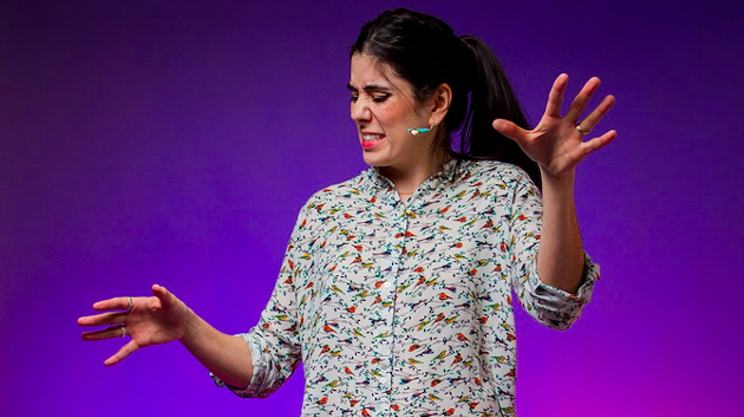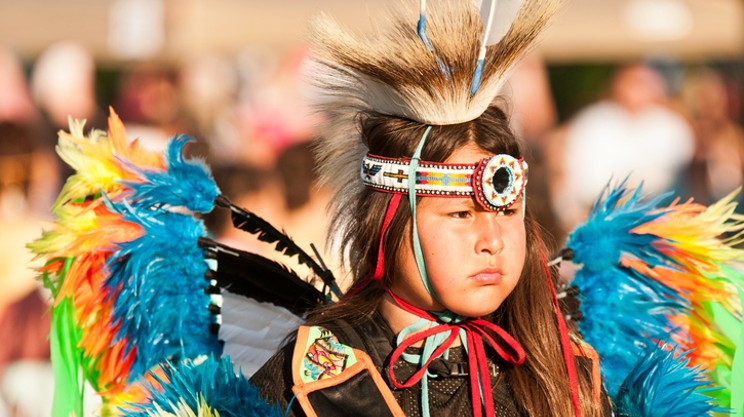Last week, Mount Saint Vincent University in Halifax came under fire for assigning a white professor a course about the residential school system that housed Indigenous children for forced assimilation. The university picked a knowledgeable and well-meaning ally. And I am not here to discredit her.
But I have long been a proponent of Indigenous peoples telling our stories. We’ve always served as background characters in our own history.

For more than 100 years, 150,000 Indigenous children were forced to attend the residential schools where their culture, language and spirit were violently removed from them in an attempt to “save” the child and kill the Indian. Thousands of children died in the system. The schools were active until the last one closed in 1996. My father is the product of this system, which took him away when he was five years old. It took him decades before he was able to talk about what happened to him. The legacy of residential schools has left Indigenous peoples over-represented in the criminal-justice system and the foster-care system. We have higher morbidity and mortality rates than non-Indigenous Canadians, along with suicide rates up to 11 times that of the rest of the population.
I believe that the university course should be taught by an Indigenous person. But we, as Indigenous peoples, cannot be solely responsible for the decolonization of institutions.
I’ve worked in postsecondary institutions for the entirety of my career. I’ve been the sole Indigenous voice at the table far more often than I’ve been surrounded by my peers. I am often the one-stop shop for knowledge
I try to help faculty members who don’t quite understand why their teaching approach can be exclusionary or isolating for Indigenous students. I’ve spoken with the president about what it’s like being the child of a residential school survivor. I have been asked to be on every diversity and inclusion committee. If there is anything remotely related to Indigenous peoples, I get asked and am expected to take the lead on it. I do so willingly but at a cost.
I am exhausted.
I feel a tremendous obligation to my community. On days when I simply cannot muster the energy to step up, I feel an overwhelming sense of guilt that I am letting my people down.
Organizations can’t be allowed to simply throw their hands up and say they tried their best after their token minority member decided not be the mascot for their reconciliation attempts because they were tired or had other interests. After all, we are a part of the people they are trying to reconcile with, a fact often
It’s important that you understand that I don’t tell my family’s story to get attention. It’s not fun to bring up painful memories. I tell them so people understand where I and so many other Indigenous people are coming from. They are important stories that give context. But no mistake, they are my stories to tell.
I’m often asked whether I believe only Indigenous peoples can teach Indigenous subjects. I say yes. That often leads to the all-or-nothing argument that if that’s the case, then only women can teach women’s studies and only Black professors can teach African studies.
If we lived in a world where all things were equal, then yes, white professors could teach Indigenous courses. However, we do not live in an equal world. We live in a world where I have to apply for my ethnicity to be validated by the government every 10 years. We live in a world where we have to beg and plead for empathy when our girls and our women go missing. We live in a world where an unarmed 22-year-old Native Canadian man can be shot point-blank in the back of the head and his killer walks free. We live in a world where I have to reopen my scars over and over
I do this so those who come after me hopefully won’t be asked to. I take up space, not always because I want to but because I have to.














